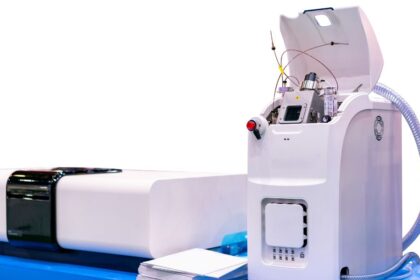Recently, a study provided clues that antibiotic usage is linked with a surged peril of developing rheumatoid arthritis. Scientists from the Quadram Institute and Keele University analyzed data from preliminary care medical records. They discovered that the chances of developing rheumatoid arthritis were almost 60% greater in those subjected to antibiotics than those who were not exposed. The chances augmented with the number of antibiotics treatments and how often they were taken. Reportedly, rheumatoid arthritis impacts 400,000 people across the U.K. and this research hints that it impacts 26 in 100,000 people who had antibiotics.
Rheumatoid arthritis is possibly caused by a complicated mix of genetics and dissimilar environmental aspects, so this study is not a reason to stop taking antibiotics when they are required. But it also opens up a new possibility of exploration to find the triggers, which can be important in the search for ways of avoiding this condition. Though this study was huge, it cannot state for sure if the antibiotics increase the risk or it was the infection itself. On the analysis of antibiotics type, it was seen that all classes surged the peril of advancing rheumatoid arthritis, so this hints the risk can be derived from the antibiotics. The research was issued in the journal BMC Medicine.
On a similar note, recently, a study showed that OX40-positive follicular helper T cells manage rheumatoid arthritis. Seemingly, rheumatoid arthritis is an autoimmune illness that is often characterized by swelling, pain, and stiffness in joints. The surged numbers of helper T cells are seen in patients having rheumatoid arthritis, but the function of such cells have been not clear. The new study was published in the Annals of the Rheumatic Diseases. A research team from the University of Tsukuba studied the role of follicular helper T cells, which is a kind of immune cell that directs the adaptive immune response during the inception of rheumatoid arthritis. They discovered that OX40-exhibiting follicular helper T cells assisted to inflammation by controlling a chemical change of auto-antibodies called sialylation.





